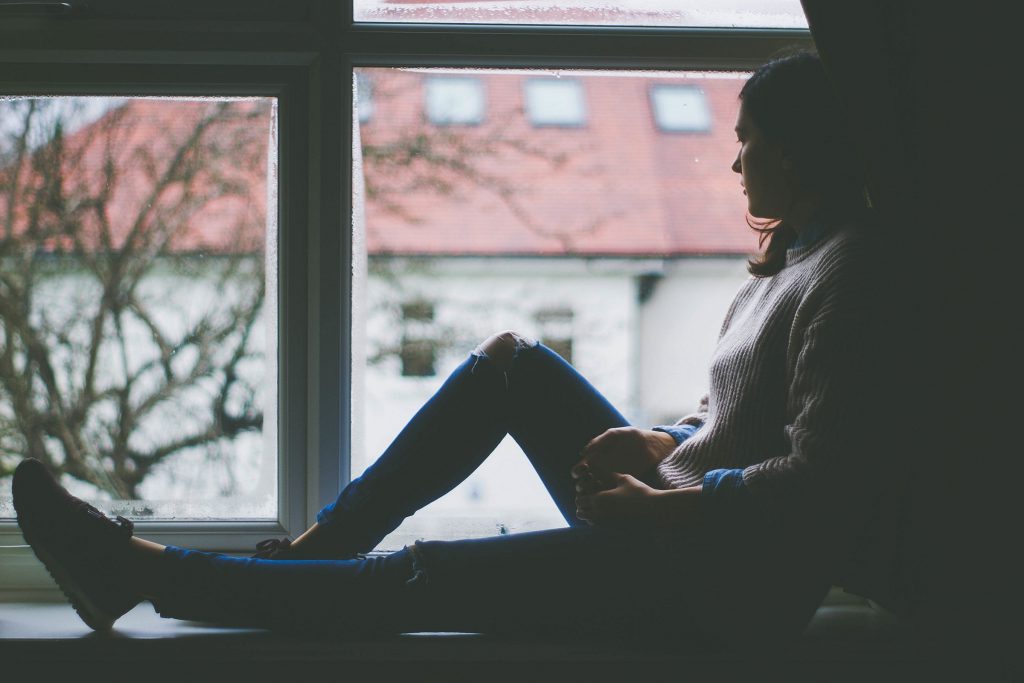Another summer comes to an end. It has been a mild one, weather-wise, yet our country has faced so many challenges. I find it incredibly sad thinking of all the shootings we have experienced. My heart goes out to all the families, friends, communities and our country. 
This trauma that our country has experienced goes far wider than the individual person that was impacted. The people that were at the locations where these shootings took place will most likely struggle with post-traumatic stress disorder. They might have trouble sleeping, challenges concentrating, nightmares, fear of re-experiencing the event or another event like it. Then there can be survivors’ guilt as well, along with going through the event over and over, replaying many different scenarios of “if onlys” or “what ifs.”
Trauma is something we all experience in different forms. In the therapy world, we call it little trauma and big trauma. Yet, trauma is trauma and it all has an impact. What we now know, from being able to explore the effects of trauma through MRI readings of the brain, is that no matter if we experience small or large trauma, if we do not deal with it, it will impact us emotionally, physically and our relationships.
Little trauma or big trauma has a lot to do with the actual impact of the event on the person. Sometimes the trauma is experienced more from how others supported or did not support us after the event. I remember a client sharing with me that she had been attacked in college and felt she was able to grieve the event, yet the lack of support and friends after the event was what left her more traumatized.
There are many ways our trauma can get dismissed. Growing up with a traditional English background I was often told to have a “stiff upper lip” or “don’t talk about it,” or “stop crying.” Clients often share the messages they heard growing up that led them to dismiss their feelings, their trauma that has led them to struggle now with anxiety, depression and self-doubt.
Another issue is that people often feel shame, guilt or fear after the event, or even struggle to own what had happened leaves people keeping the event a secret. From here, people then have to find a way to keep the trauma hidden. This is often where I see people abuse alcohol, food, acting out sexually, isolating themselves or over achieving. Our sense of self in the world becomes jumbled and confused.

— Photo credit: Pixabay
Remember, the event does not have to be big, it is the impact of the event on us. What message it gave us and how unsafe we felt along with how supported we feel.
So, understanding the impact of trauma on us, it is also how we heal from trauma. The first part is to acknowledge the trauma for ourselves. So often we want to push it away. As writer Michael Singer put it: “If you are resisting something, you are feeding it. Any energy you fight, you are feeding. If you are pushing something away, you are inviting it to stay.”
Once we have acknowledged the trauma, it is important that we allow ourselves to feel the mix of emotions from the impact. This can be done by talking with family, friends, someone at church or a therapist. Also journaling, creative work such as painting or drawing can process the trauma. This takes time and it is allowing the time needed. Studies show that support is essential in the healing of trauma.




